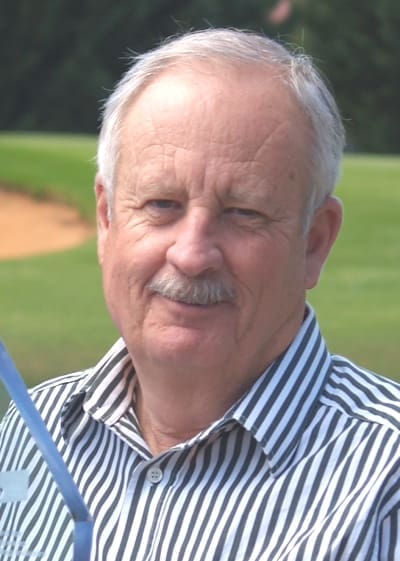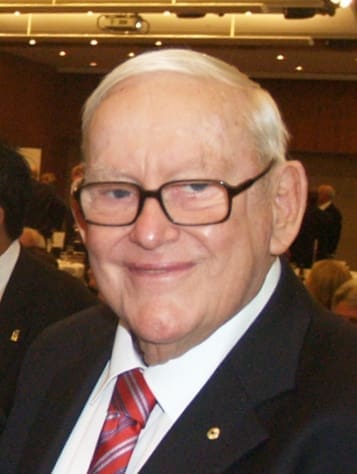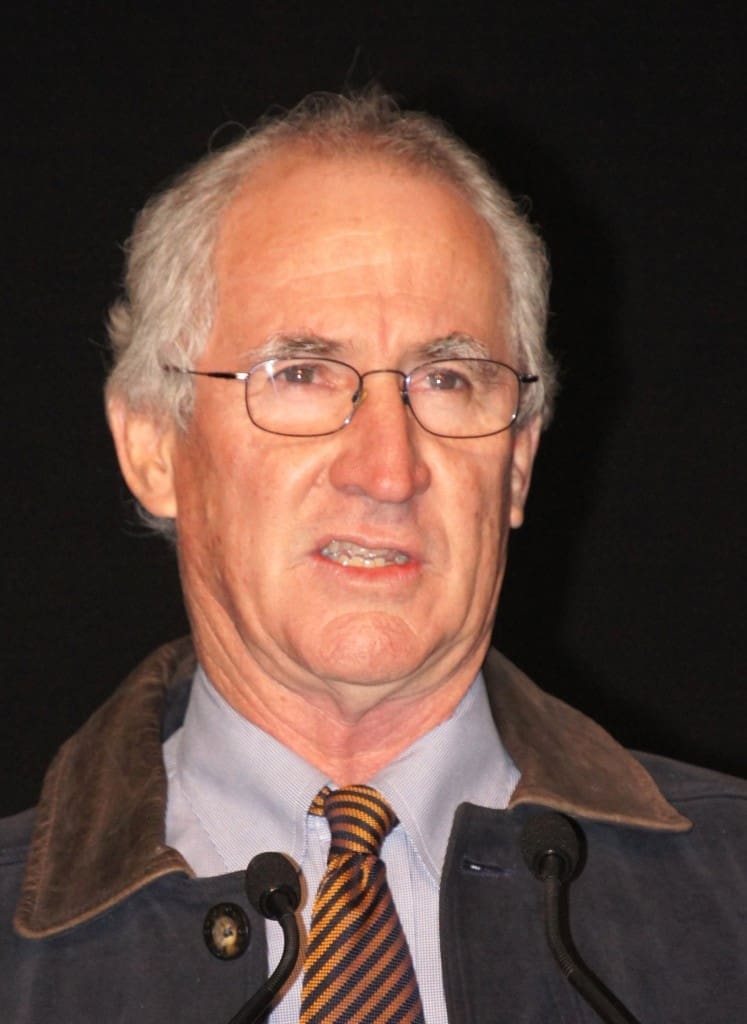Three highly-respected and influential former industry leaders* are signatories to this opinion piece, which argues against radical industry restructure.
THE recommendations arising from the recent senate committee inquiry into grassfed levies demonstrate a complete misunderstanding of the issues surrounding grassfed cattle producers’ dissatisfaction with their level of influence on the current industry structure.
It appears that only Senator Ian Macdonald, in his dissenting report, was able to separate the facts from the hysteria.
Recommendation 1 from the report calls for the establishment of a producer-owned body to receive and disperse the R&D and marketing components of the current levy, together with the matching government R&D funds.
The producing sector of the industry already has such a body and it is called Meat & Livestock Australia.
The decision to have only one service provider for the producing sector was a very deliberate one aimed at saving costs. If the producing sector has two bodies both taking their overhead costs out of the transaction levies, there will be far less money available for any effective marketing and R&D.
For Cattle Council of Australia to accept this recommendation and offer itself to be the newly formed body, shows a complete ignorance of what is likely to be involved in setting up and running such an organisation, and in our view, is merely a grab for levy funds to replace the dwindling membership fees being paid by State Farming Organisations.
The current structure places the responsibility for directing levy expenditure in the hands of the peak councils.
In return, they each receive a share of the interest income from the meat industry reserve fund to allow them to carrying out these functions.
Any criticism therefore, of how funds are spent by MLA and the other service providers bodies, Animal Health Australia, National Residue Survey, Cattle Disease Contingency Fund, Livecorp and Australian Meat Processing Corporation should be directed at those peak councils responsible for providing that strategic direction, not to the service provider bodies that are following their directions.
In terms of grassfed transaction levies, that responsibility was given to and accepted by Cattle Council of Australia, in the memorandum of understanding signed by all peak councils and the federal government.
Any perceived lack of influence by grassfed cattle producers on how their levies are spent lies entirely with the current membership structure of CCA, and this peak council’s inability to carry out its commitments under the MOU.
No other peak council appears to be receiving such criticism from the levy payers it is charged to represent, so we should not be blaming the industry structure for the problems in just one sector.
CCA claims that it has insufficient funding to carry out these responsibilities, yet it is receiving the second largest percentage allocation from the reserve fund, amounting to some $583,000 in 2012/13.
In addition to this, it is indirectly receiving levy funds of some $502,000 from the very companies it is supposed to be directing and monitoring.
In our view, this is a direct conflict of interest and takes us back to the days when the AMLC funded peak councils directly. This gave the AMLC tremendous power over industry affairs and the resulting dissatisfaction from virtually every industry sector led to the last restructure in 1998.
In our view, peak councils seeking levy funding to carry out their roles and responsibilities is just plain wrong, as it disconnects them from the very levy payers they are supposed to be representing. In this situation, levy payers will have no direct recourse if they are dissatisfied with the peak councils’ performance.
To be truly accountable, peak councils need to be funded by direct membership fees and earnings from services they provide to their members.
The boards of the councils need to be made up of directly-elected representatives of the levy payers, with regular elections so that levy payers can stand for election and remove directors, who in their opinion, are not performing.
In this way, peak councils will receive direct and continual performance assessment by the fees they receive.
On the other hand, the boards of the service-provider bodies need to be made up of individuals who are skilled in the particular activities of that company – for example marketing, R&D, animal health and corporate governance.
A good understanding of the industry sectors they are servicing is important, but it is the individual peak council that should be providing most of this sector-specific expertise.
Challenge to CCA
The challenge for CCA is to stop trying to take the easy path of accessing levies for its funding and take the harder, but more accountable route of direct membership so that it can be truly represent grassfed levy payers.
The last industry restructure cost the red meat industry nearly $40 million from industry reserves and the industry will have no reserves left if we go through another such exercise.
In its grab for levy funding, CCA is putting at risk the future of MLA and AHA, and the very important functions that these organisations perform for all levy payers – not just grassfed producers.
We see damage already starting with the high degree of uncertainty purveying industry organisations and opportunists with no ability or desire to see past their own vested interests, looking to capitalise on the unrest.
One final comment on the Senate committee Recommendation Number 5, that RMAC be dissolved.
Our industry has a diverse range of players and getting agreement on all issues is wishful thinking. However, having a forum such as RMAC, where the leaders of the various industry sectors can discuss the issues of the day and attempt to achieve consensus is invaluable.
The current structure of RMAC with an independent chairman and CEO has improved the way the council functions, and the industry has been able to provide clear consensus direction to government on many important issues.
Dissolving RMAC would simply hand the responsibility for decisions on important industry issues to government. We would doubt that any serious industry player would be in favour of this option.
We urge Minister Joyce to reject the Senate committee’s recommendations and leave control of the industry in its own hands.
* Malcolm Foster – Past President of the Australian Lot Feeders Association
* Ian McIvor – Past Chairman of the Australian Live Exporters Council
* Don Heatley – Past Chairman of Meat & Livestock Australia



